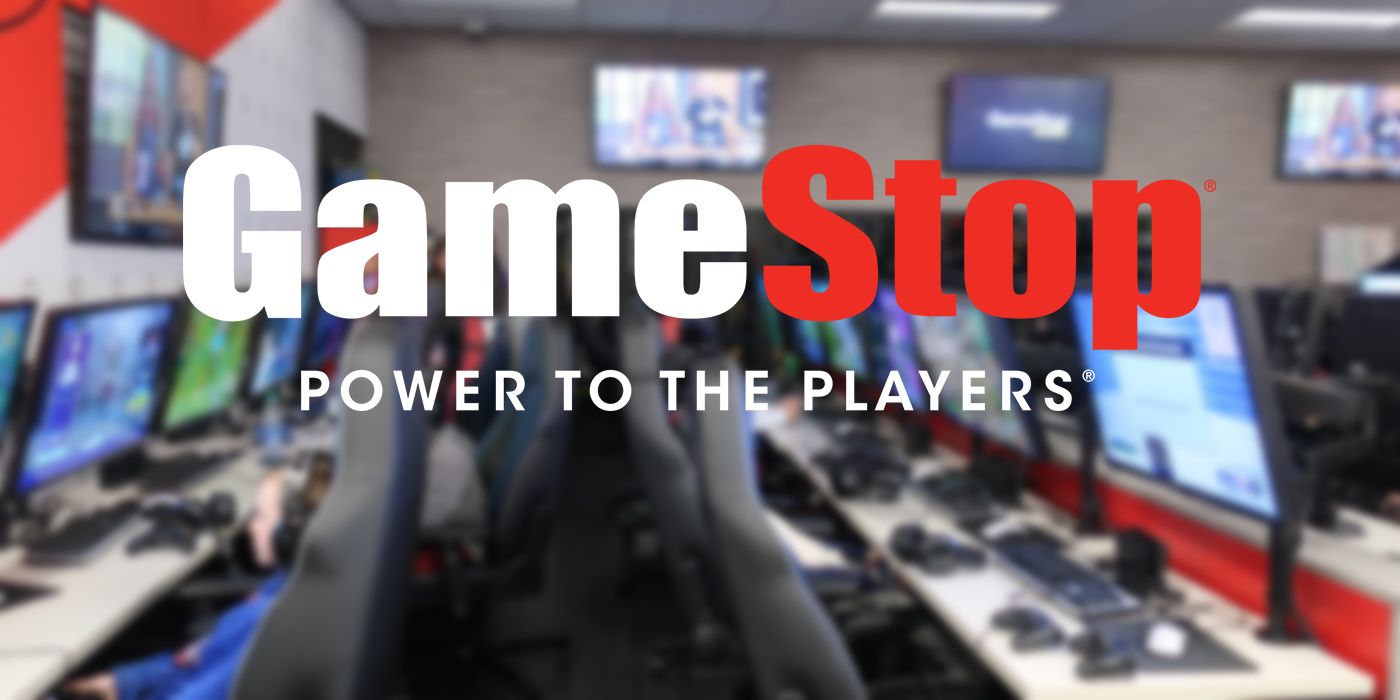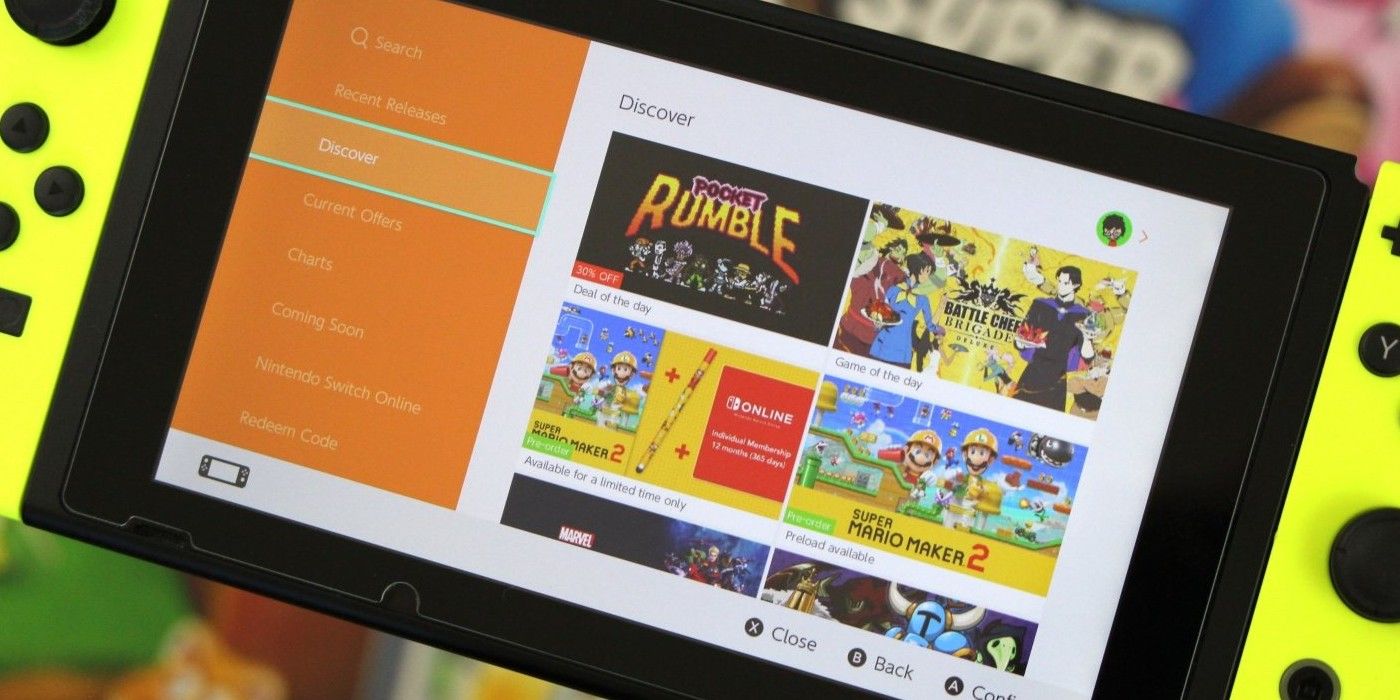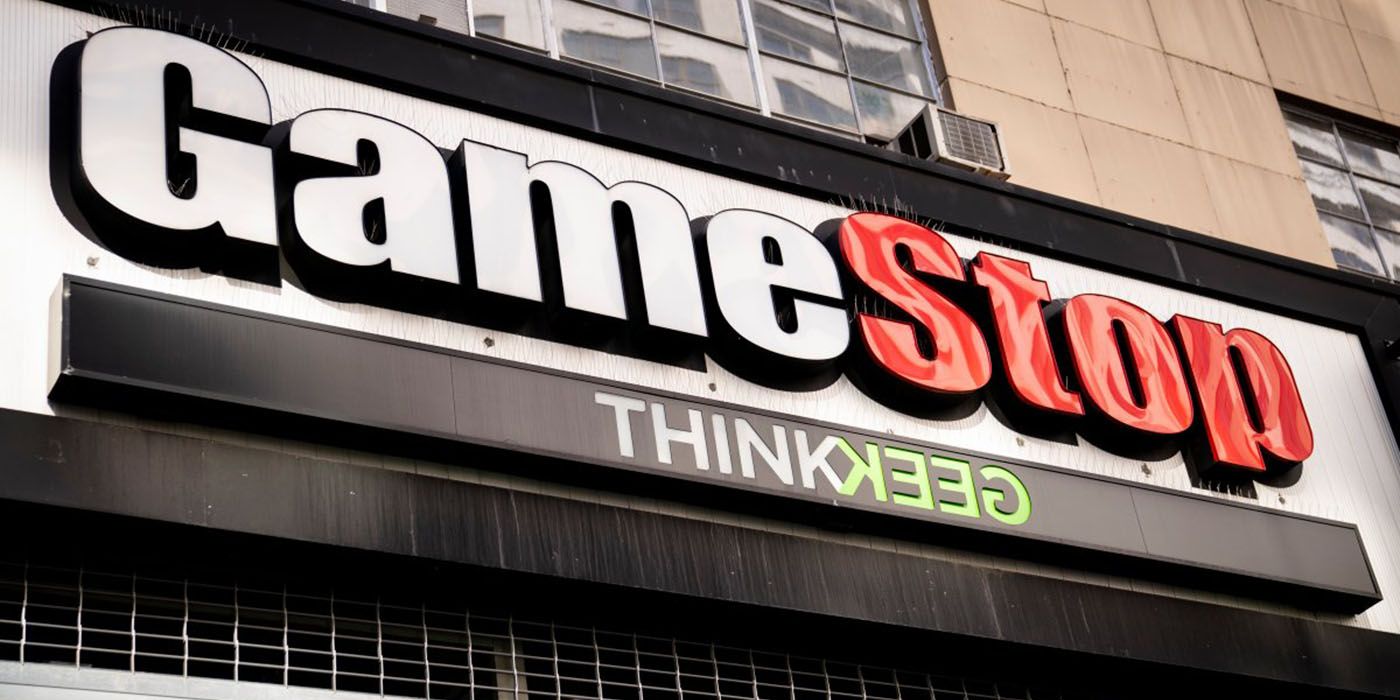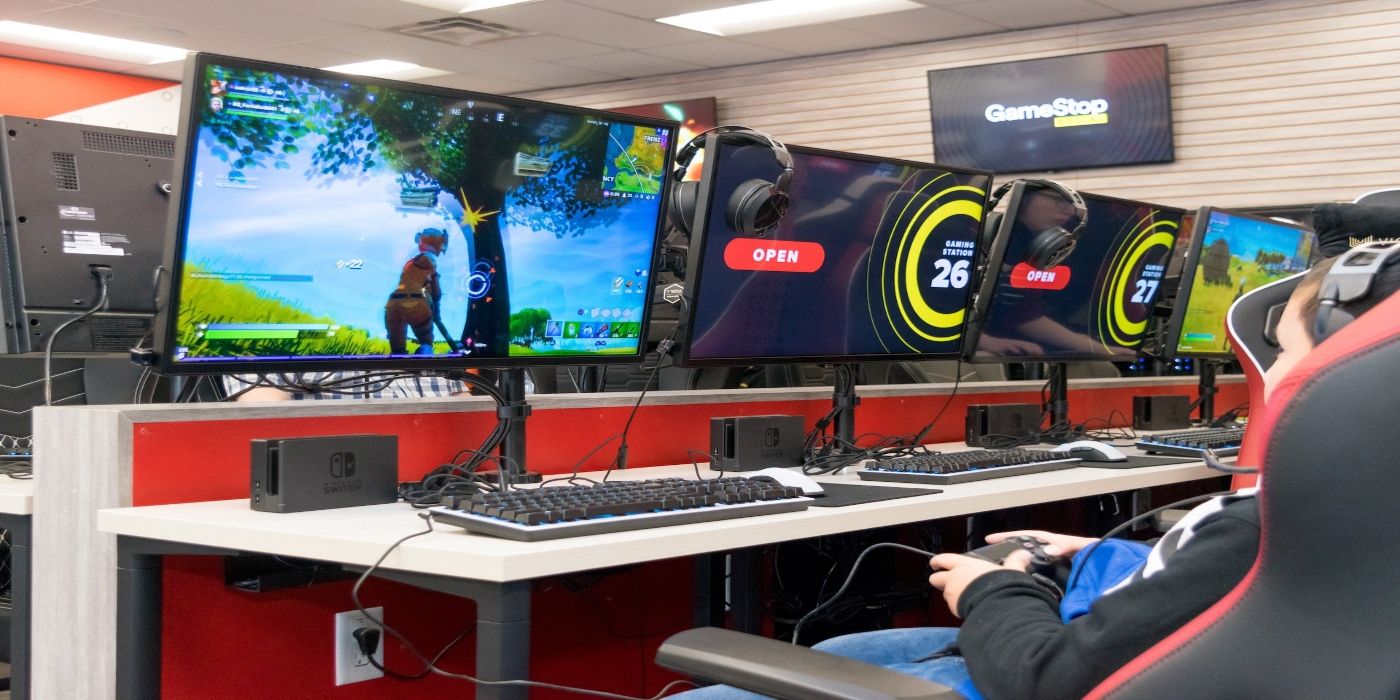
Earlier this year, the unthinkable happened to GameStop: the games retailer's stock price started to surge, seemingly out of nowhere, by over 1000 percent in average price. The majority of 2020 forced many consumers to spend less due to the Covid-19 pandemic, causing the company's already declining profits to drain millions of dollars. Average stock price for GameStop in November of last year was as little as $11 per share, but towards the end of January this year, it's stock price topped out at over $350 per share. For a company notoriously struggling before 2020 to come out with this sudden windfall is extremely unusual, at no fault or success of its own.
GameStop seems to be running with this newfound momentum as a second chance, at least according to the recent change in corporate structure. While the last few years have been a struggle, 2020 in particular has made it abundantly clear that GameStop's original business model is irrelevant for the modern gaming market. Used games, arguably physical games altogether, are quickly phasing out in favor of the convenience and ease of access to digital games, on all platforms. GameStop's new leadership intends to make a general shift by becoming a "technology business," and while that distinction leaves a lot to imagination, this shift in platform makes sense.
RELATED: GameStop Stock Surge Reportedly Boosted by Social Media Bots

GameStop's profit margin in used games has dwindled significantly since the eighth console generation began. Digital media becoming as ubiquitous as it is now continues to invalidate the need for places like GameStop, even with a vocal minority of players who still endeavor to purchase games physically. Much of this stems from the nature of game releases, and the necessity of day-one patches/updates to prepare a game for full release. Something that was such a sour point for players back in 2014 has transitioned from a burden to an expectation in 2021. GameStop's old-school model isn't going to fly in the long-run, and until this year, the executives didn't realize that.
GameStop seemingly went through a gambit of ideas before the Covid-19 pandemic had begun. At first, GameStop acquired ThinkGeek to try and branch out into merchandise sales; which resulted in employees filling stores with various forms of apparel, collectible items, and other gaming knick-knacks. That was a short-term boon to the physical stores, but those profit margins could only go so far compared to how big GameStop used to be. Then there were the "experiential" stores, which turned GameStop stores into hybrid tournament venues and cyber cafes, which didn't entirely pay off. Now, it's almost as if the short-selling stocks were a blessing in disguise.

It's worth noting that it's difficult to quantify if, and how, the upsurge of GameStop's stocks in late-January actually benefitted the company itself. Normally in a scenario like this, if a company's average stock price had risen as substantially as it had for GameStop, it would weigh the decision of issuing additional higher-price stock. However, GameStop stock price isn't rising because of any innovative sales structure or gaming platform it's introduced. Even in this second price surge, the work of casual/retail investors has caused the average stock price to rise. However, GameStop's latest change in its executive board seems to reflect a broader plan in store for the company.
Obviously the company's not going to rely on private investors short-selling hedge funds forever. GameStop's perpetual decline in stock price has been indicative of problems with its business model in the modern gaming ecosystem. Digital sales have increasingly become the preferred method of purchasing games in arguably the last decade, but especially in the last four or five years. GameStop's decision to appoint new CTO Matt Francis is indicative of its plan to make significant change, alongside new board members like the former Chewy CEO Ryan Cohen. Francis' experience with Amazon Web Services implies GameStop may finally be going digital, somehow.
RELATED: GameStop Had a Tumultuous 2020 Internally, Report Says

Most would've bet against GameStop last year, and by December of 2020, nobody would've blamed them. However, with these most recent leadership changes, it seems the ship is being pointed in the right direction for the gaming retailer. "Gaming retailer" may not even necessarily be the right qualifier to describe GameStop, assuming the company intends adopt a fully digital future. This new "Strategic Planning and Capital Allocation Committee" is comprised of former executives that have excelled in digital ventures prior. While attempting to "transform GameStop into a technology business" is rather vague, it's a promising direction in comparison to past efforts.
"Meme stocks" can largely be attributed to the rise of GameStop's stock in March, but the changes in executive leadership and business direction may secure future success. Moving into 2021, GameStop will likely be making drastic shifts in its business plan to adapt to the ever-changing digital gaming landscape. It's hard to say exactly how, but compared to "experiential" stores and nerd culture merchandising, it's already multiple steps towards a better future. Whether that turns GameStop into a streaming service, video game subscription like Game Pass, or even something entirely new, GameStop's new momentum could certainly make or break the company.
MORE: Why GameStop Will Likely Still Go Out of Business Despite the Stock Situation

